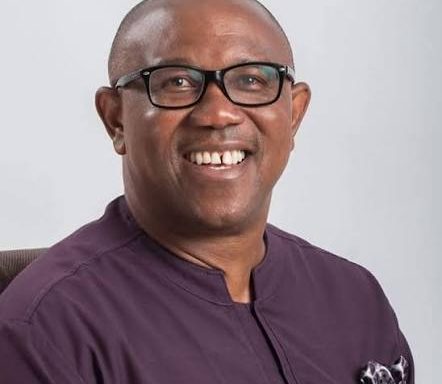The Executive Director of the United Nations Population Fund (UNFPA), Diene Keita, has warned that declining global funding for family planning is threatening access to contraceptives, a development that could have far-reaching economic and social consequences, especially in developing countries.The Executive Director of the United Nations Population Fund (UNFPA), Diene Keita, has warned that declining global funding for family planning is threatening access to contraceptives, a development that could have far-reaching economic and social consequences, especially in developing countries.
In a statement this week, Keita said contraceptives are not only essential to women’s health but also play a critical role in economic development, education, and gender equality. She cautioned that weakening supply chains and dwindling stocks are already affecting access in vulnerable communities, potentially reversing decades of progress in reproductive health. “Contraceptives save lives. For almost 50 years, global health authorities have recognized contraception as essential medicine. People want them, use them, and rely on them every day,” she said. “Yet, today, we face an alarming funding gap that threatens to roll back years of gains for women and girls.”
UNFPA estimates that every dollar spent on meeting the global demand for contraception yields nearly 27 dollars in economic benefits, reflecting gains in productivity, education, and health outcomes. Economists say the logic is straightforward: when women and adolescent girls can plan their families, they are more likely to complete school, join the workforce, and contribute meaningfully to the economy.
Join our WhatsApp ChannelKeita warned that the funding crisis could lead to a surge in unintended pregnancies, school dropouts, and maternal deaths, all of which would have long-term implications for labour productivity and public health spending. “Health systems are bracing for a rise in unintended pregnancies, which are in turn linked to higher rates of maternal death, including from unsafe abortion,” she said.
Across sub-Saharan Africa, where donor funding supports a significant portion of contraceptive supplies, several countries are already reporting shortages. In Ghana, for example, public health facilities rely partly on UNFPA to maintain steady supplies of family planning commodities. Experts warn that cuts to this support could undermine the country’s reproductive health programme and place added strain on its healthcare system.
Development economists say the implications stretch beyond the health sector. Limited access to contraceptives reduces women’s participation in education and formal employment, slowing overall economic growth. “Investing in family planning isn’t just a health issue; it’s a smart economic decision,” Keita said, calling on governments and donors to protect and expand funding.
UNFPA and its partners have for decades supported countries to build stronger health systems and ensure affordable contraceptive access, particularly in rural and hard-to-reach areas. The agency says protecting those gains is critical to sustaining progress on gender equality and economic resilience.
Keita urged policymakers to “work together to keep our promise to women and adolescent girls, uphold their rights and choices, and ensure they have access to the contraceptives they need to plan and forge a healthy and prosperous future.”















